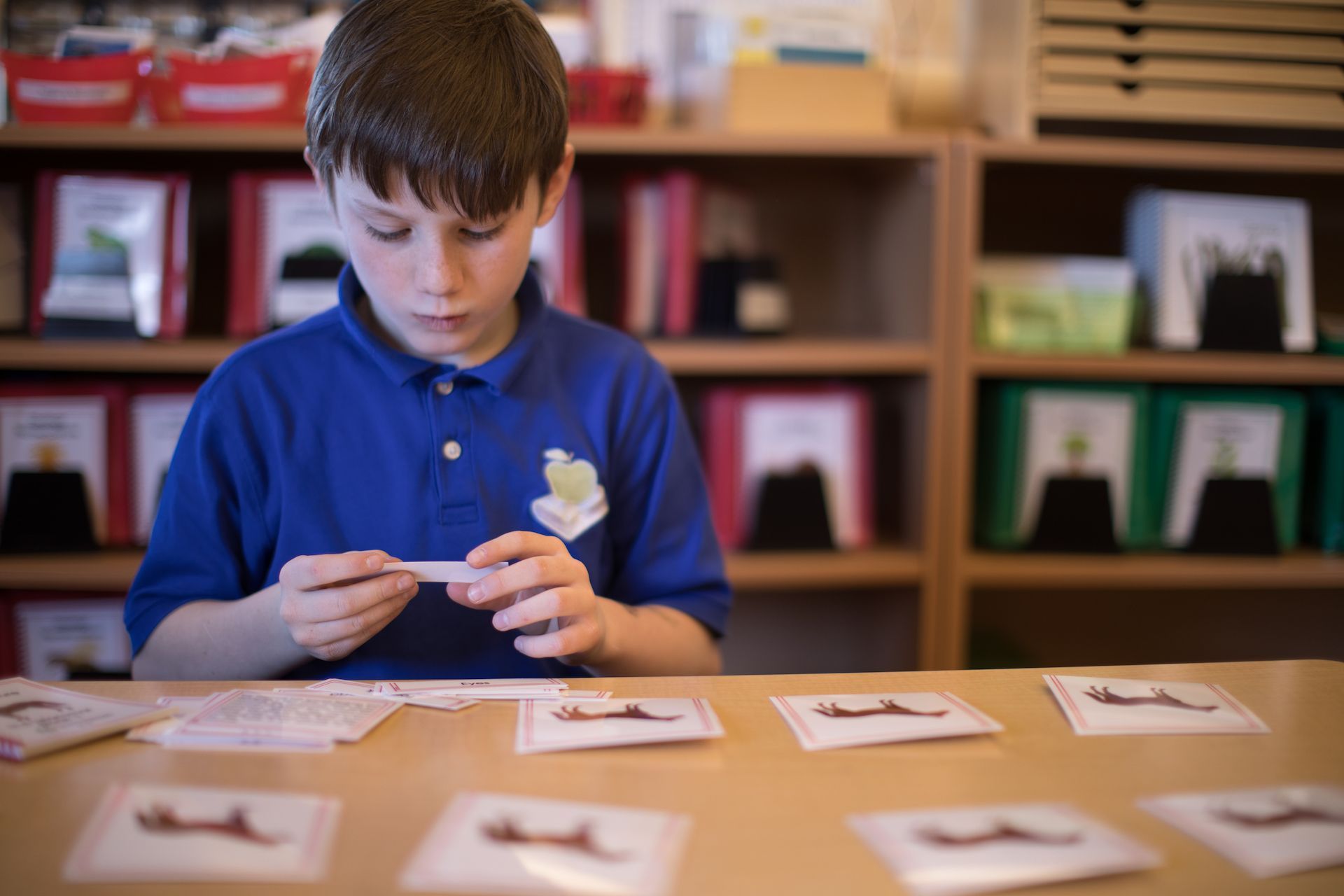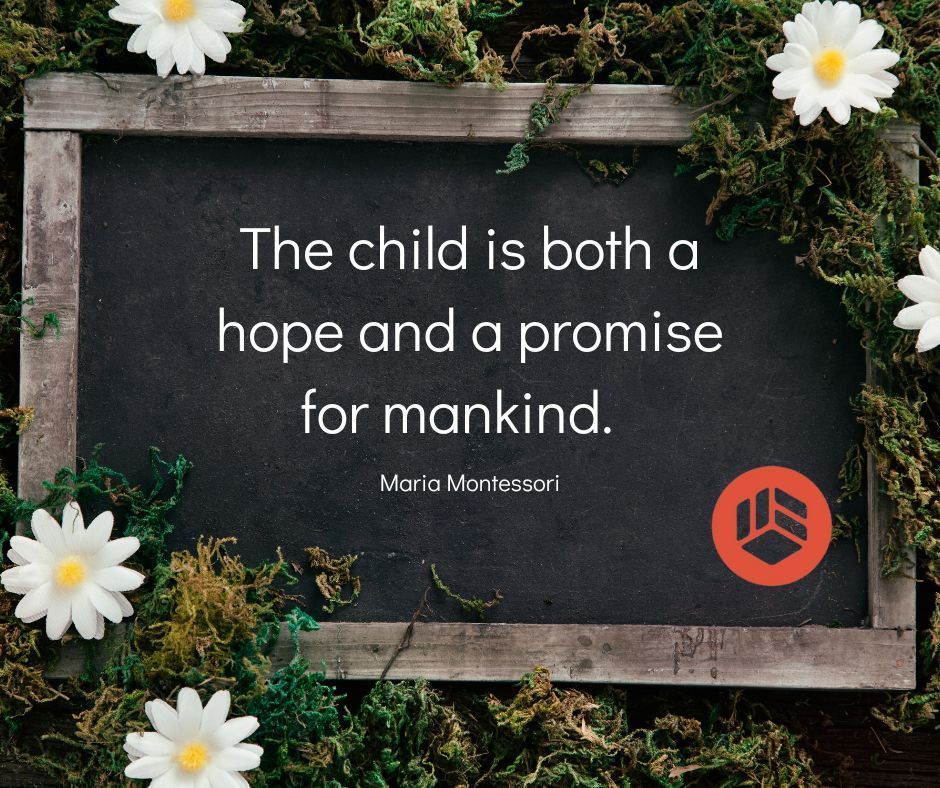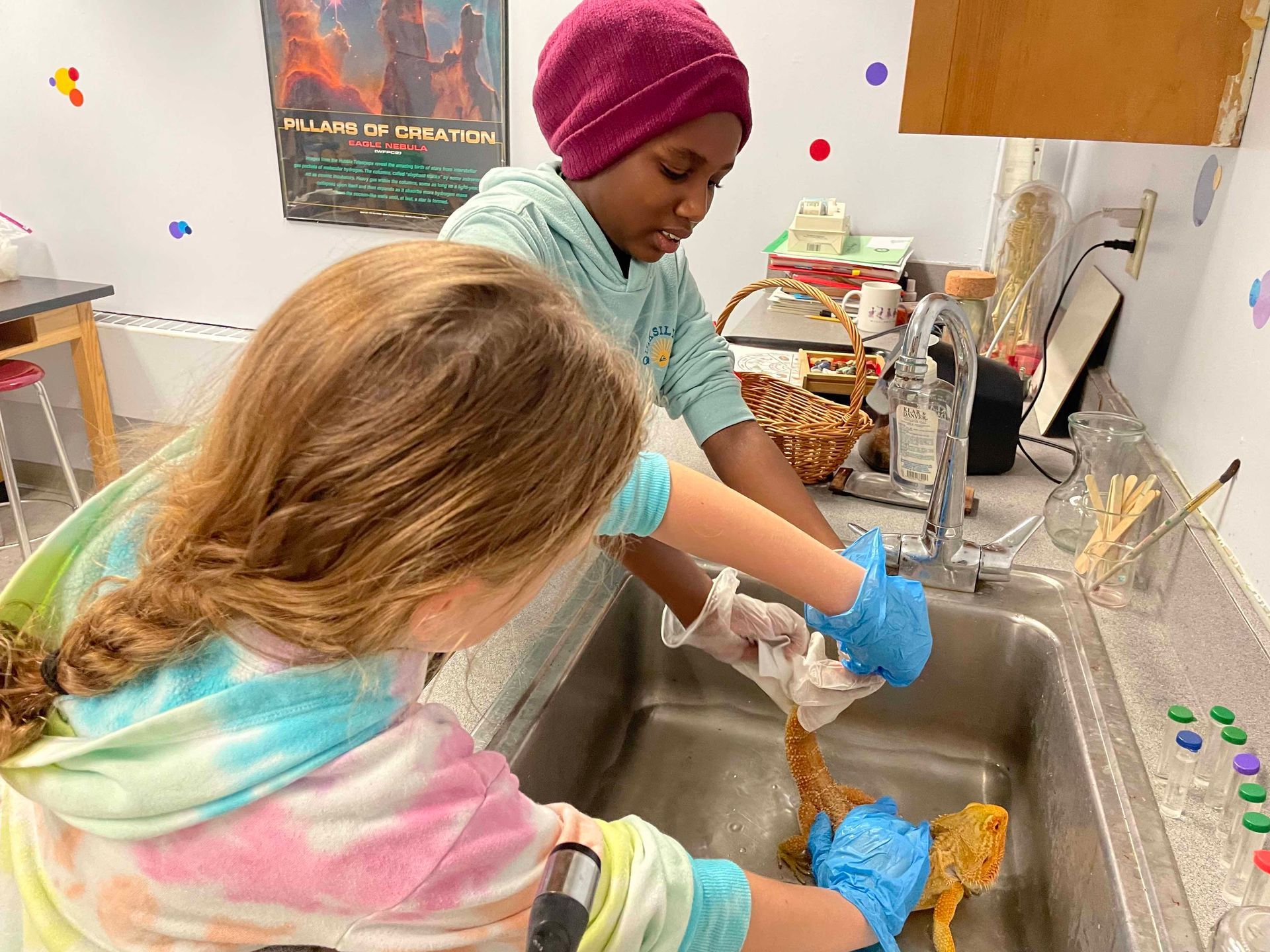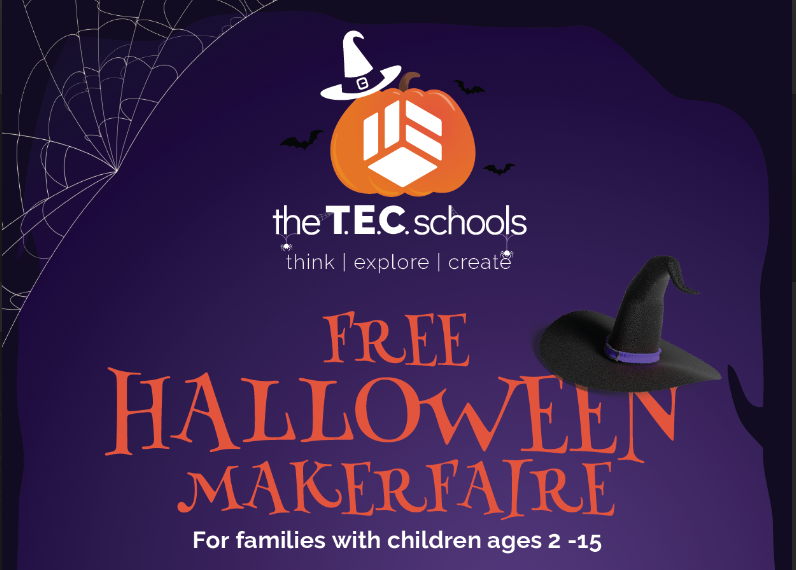
"The child is both hope and promise for mankind." – Maria Montessori
As parents, don't we all yearn for our children to not just succeed, but to thrive? To grow into individuals who are not only capable and intelligent but also compassionate, resilient, and ready to contribute positively to the world? When you look at your child, do you see the vast, untapped potential, the bright spark of curiosity, and wonder how best to nurture it into a fulfilling future?

This profound statement by Maria Montessori serves as a cornerstone of our philosophy at T.E.C. Schools. But beyond rhetoric, how do we operationalize this deeply held belief within our Montessori classrooms in Worcester to truly nurture the architects of tomorrow's world? How do we move beyond rote memorization to cultivate individuals who embody hope and fulfill promise?
We see it manifested through tangible, everyday examples across our programs, answering those very questions that resonate so deeply with prospective parents' hopes and aspirations:
1. How do you instill true independence and a love for learning from a young age?
- In the Children's House (Preschool & Kindergarten): Witness a preschooler diligently buttoning a dressing frame, meticulously washing a table, or preparing a snack for their classmates. This isn't just about learning practical skills; it's about building foundational independence, sustained concentration, and fine motor control. It's the beginning of a child's understanding that they are capable, autonomous beings. They learn the joy of "I can do it myself!" – a crucial spark for future self-directed learning. This early self-mastery is the genesis of an autonomous, confident individual, embodying the promise of capability.
2. How do you teach collaboration and a sense of interconnectedness in a world that often feels divided?
- In Lower Elementary (Grades 1-3): Observe a group of 8-year-olds gathered around a large, rolled-out "Great Lesson" timeline, collaboratively piecing together the story of the universe, from the Big Bang to the advent of human civilization. They are not merely absorbing information; they are practicing collaborative inquiry, respecting diverse viewpoints, and developing a profound sense of their place within the vast, interconnected web of life. This engagement fosters a collaborative spirit and an understanding of the shared human endeavor – skills vital for future innovation, empathy, and global citizenship.
3. How do you ensure my child finds their passion and develops the critical thinking skills needed for an ever-changing future?
- In Middle School (Grades 6-8): Consider our adolescents during their Capstone Projects. You might see a student like Jeremy, driven by fascination, autonomously researching the complex ethical and scientific implications of Neurolinks, or Awanti, meticulously analyzing the physics of a tennis serve. They are not passively waiting to be taught; they are actively pursuing knowledge, synthesizing complex data, and presenting their findings with authentic expertise. This process cultivates not just academic rigor, but the confidence, critical thinking, and communication skills necessary for leadership and impactful contribution. They are becoming the innovators and thought leaders who will tackle tomorrow's grand challenges.
At T.E.C. Schools, our Montessori approach is meticulously designed to honor each child's innate potential, providing an environment where their natural curiosity is respected, their independence is fostered through purposeful work, and their unique talents are given ample space to flourish. It is in these daily acts of self-discovery, collaboration, and deep inquiry that we witness, cultivate, and celebrate the very hope and promise for mankind that Maria Montessori so powerfully envisioned.
Doesn't every parent hope for an education that prepares their child not just for tests, but for a life of purpose, joy, and meaningful contribution? We invite you to explore how T.E.C. Schools helps fulfill that promise.



